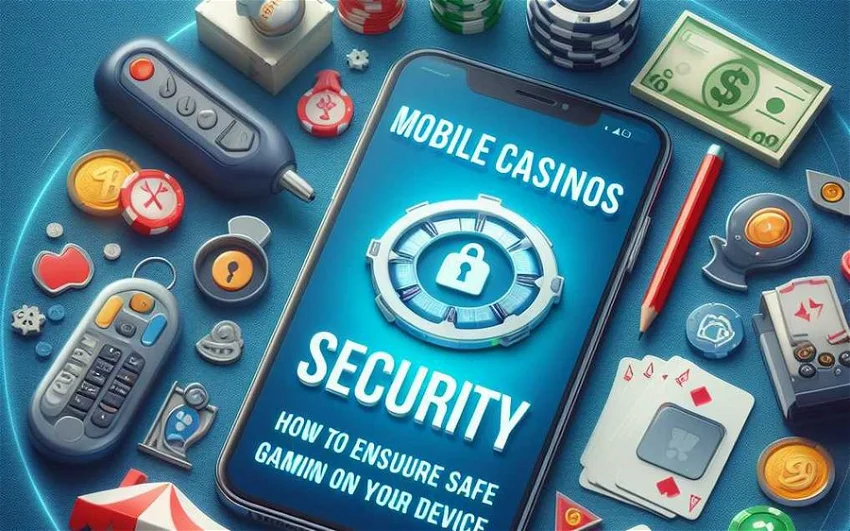As the online gaming industry continues to grow, so do the risks associated with it. Ensuring personal information safety and preventing scams is crucial for a secure and enjoyable gaming experience. This article explores the best practices for online gaming security, helping players protect themselves from potential threats.
Understanding the Risks
Online gaming involves interacting with a global community, which can expose players to various security risks such as phishing attacks, account hacking, and scams. Understanding these risks is the first step in mitigating them.
Best Practices for Ensuring Personal Information Safety
- Use Strong, Unique Passwords: Create complex passwords for your gaming accounts and avoid using the same password across multiple platforms. Consider using a password manager to keep track of your passwords.
- Enable Two-Factor Authentication (2FA): Many gaming platforms offer 2FA, which adds an extra layer of security by requiring a second form of verification in addition to your password.
- Be Cautious with Personal Information: Avoid sharing personal details such as your real name, address, or phone number in gaming forums or with other players.
- Regularly Update Your Software: Keep your gaming software, devices, and security programs up to date to protect against vulnerabilities and exploits.
- Monitor Account Activity: Regularly check your account for any suspicious activity. Report and change your password immediately if you notice any unauthorized access.
Preventing Scams in Online Gaming
- Beware of Phishing Attempts: Be skeptical of unsolicited messages or emails that ask for your personal information or direct you to log in to your account. Verify the sender’s authenticity before clicking on any links.
- Use Trusted Sources for Downloads: Only download games, mods, and updates from official or reputable sources to avoid malware and malicious software.
- Avoid Sharing Account Details: Never share your account information with others, even if they claim to be from customer support. Legitimate support will never ask for your password.
- Be Wary of In-Game Scams: In-game trades and purchases should be approached with caution. Verify the legitimacy of deals and avoid too-good-to-be-true offers.
- Educate Yourself on Common Scams: Stay informed about the latest scams in the gaming community. Awareness is a powerful tool in preventing yourself from falling victim.
The Role of Game Developers
Developers play a crucial role in ensuring a safe gaming environment. Implementing robust security measures, providing clear guidelines, and responding promptly to security threats can significantly enhance player protection.
Online gaming security is a shared responsibility between players and developers. By following best practices for personal information safety and staying vigilant against scams, players can enjoy a safer gaming experience. As the gaming landscape evolves, staying informed and proactive is key to maintaining security in the online gaming realm.

